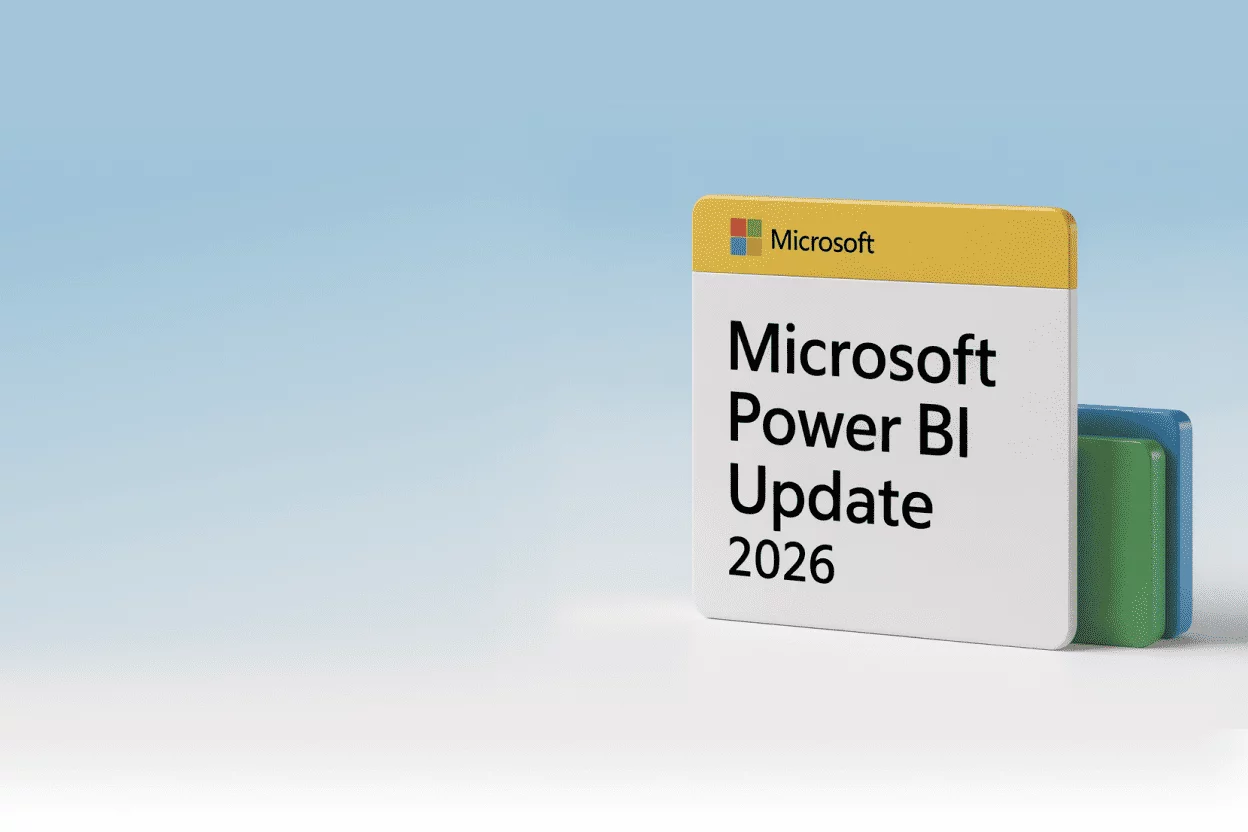Q. Why should Businesses migrate to Cloud ?
1. Total Cost of Ownership
Firstly, it’s the long-term total cost of ownership. When you compare actual computer storage and network resources of public cloud solutions to their on-premises alternatives in terms of cost, the cloud services may seem costlier. However, when looking at the total cost of ownership (TCO), including manpower, dealing with more functions, high availability etc., the cloud equates to the most cost-effective solution for many applications.
The on-premises costs for commodity hardware have remained stable over time. Cloud prices are reducing all the time. Therefore, even the price for the resources themselves will probably calculate to be lower than what it is today. Assuming the trend continues, TCO is an important factor in the long run to migrate to cloud.
2. Automation with a larger resource pool
The cloud allows users to do things which aren’t possible with on-premises environment. The cloud allows for automation and a more-or-less using an infinite resource pool, giving users access to many more automated mechanisms as compared to a standard, on-premises environment. This ties to the DevOps paradigm of doing everything automatically, without human intervention.
Q. How do costs of cloud compare to legacy platforms?
We believe the cloud will eventually win in terms of cost in most cases because of the economy of scale. For every company to manage its own infrastructure is a herculean effort as it needs to spend a fixed number of resources on setting and managing the infrastructure up, refreshing software licenses and hardware every few years. The CAPEX is substantial in this case.
When moving to the cloud, much of that CAPEX expenditure can be converted to OPEX, having a reduced waste of resources. Businesses pay for what they consume, and don’t have to employ a large team of people who maintain the hardware, networking infrastructure, etc. In case of cloud, all is taken care of by the cloud provider. Any workload that can be migrated to the cloud without any business implications, should be migrated. It will come with a reduction of cost.
Q. How do you initiate the process to migrate to cloud ?
Most businesses have legacy infrastructures that cannot be migrated in a few days or even a month or year. We always recommend to try the cloud out by migrating a number of less business-critical applications. Once they are more familiar with the cloud after migrating a set number of applications, they can migrate many others. We usually discuss and perform a no obligation cost optimization review of selected applications and do a POC (Proof of Concept) to bring semblance to the process that helps clients understand the process and outcomes better.
There will be applications which most companies will want to maintain on-premises indefinitely especially those involving security regulations etc. However, majority of applications are good candidates for migration, utilizing this simple strategy of moving slowly but surely.
Q. Which leading Cloud provider is advisable ?
The 3 main enterprises to which clients prefer to migrate to are AWS, Google, and Azure.
Microsoft Azure however, has less friction when it is integrated with a Microsoft-based on-premises environment. This doesn’t necessarily make it easier for a client to migrate into Azure if they are a Microsoft shop, but post migration, part of the workload in integrating with the parts which were left on-premises becomes a lot easier.
Moreover, from a cost perspective, Microsoft offers nice bundles when buying multiple Microsoft products, such as Office 365. This can reduce costs for large enterprises and contributes a great deal to the TCO (total cost of ownership)
If you are indeed planning a migration to cloud, we are happy to answer questions. Email us at contactus@intelegain.com for a free Cost Optimization review of your current infrastructure and applications that are considering migrating.
Let’s Build Digital Excellence Together










